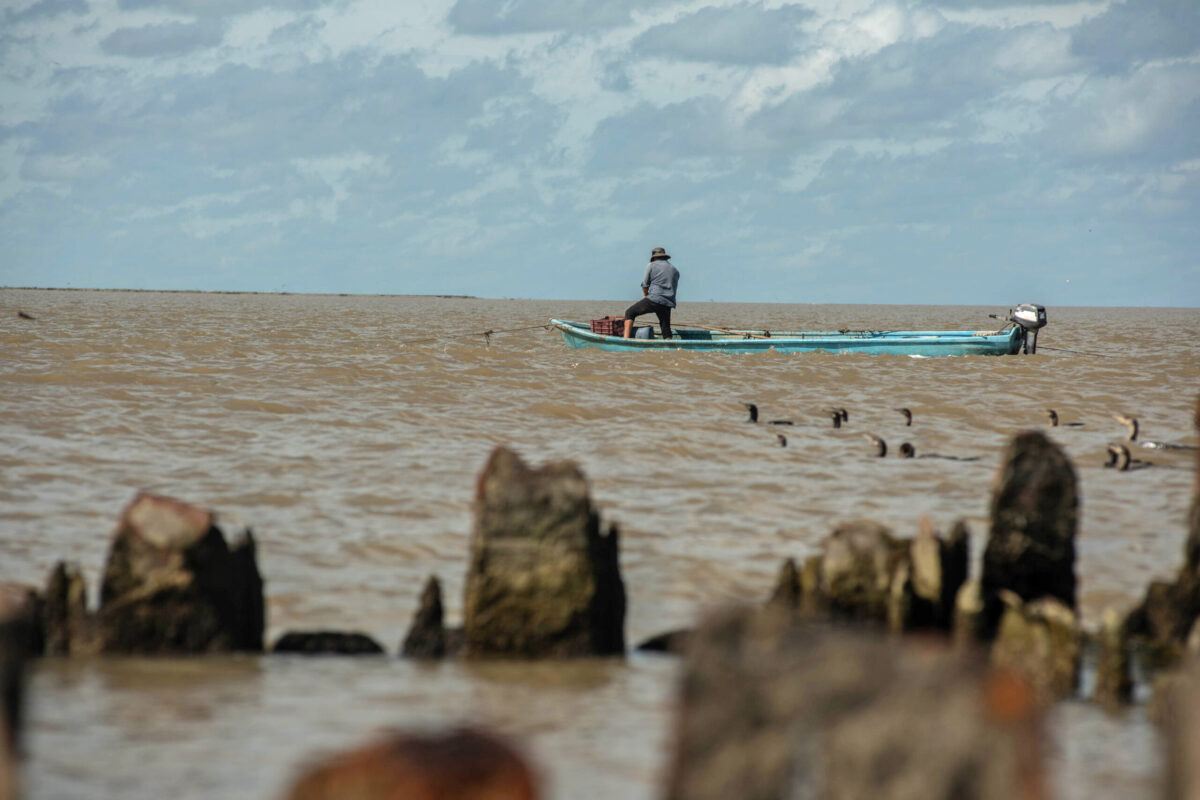Leaked Documents Reveal: Gulf Oil Spills Far Worse Than Reported

The dawn broke softly over Isla Aguada, casting a golden shimmer across the tranquil waters of southeastern Mexico. Elías Naal Hernández, a seasoned local fisherman, prepared his well-worn fishing net with practiced hands, ready to navigate the delicate boundary between the Gulf of Mexico and the expansive Laguna de Términos—the largest coastal lagoon in the country.
As the morning mist began to lift, Elías set out on his daily quest, unaware that this particular April morning in 2024 would soon become anything but ordinary. The rhythmic lapping of waves against his small boat and the distant calls of seabirds were his only companions as he cast his net into the promising waters, hoping for a catch that would sustain his family and community.
Little did he know that this seemingly routine expedition would soon unfold into an extraordinary encounter that would challenge everything he thought he knew about the marine world around him.
